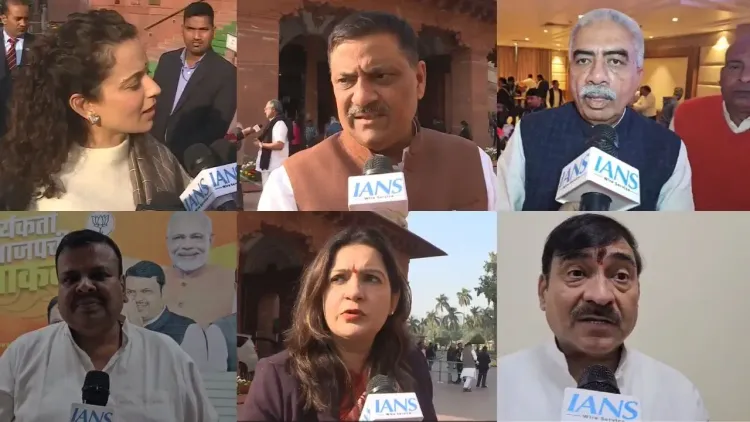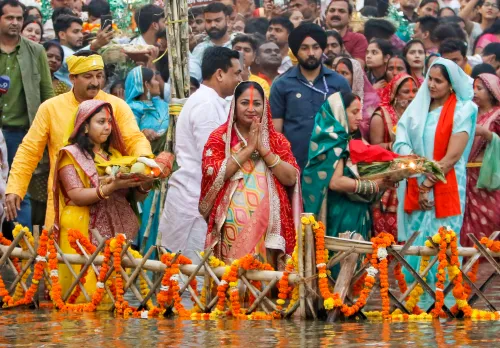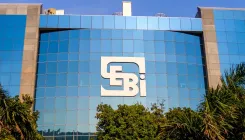Cabinet Approves ‘One Nation, One Election’ Bill; BJP and JD-U Support While SS(UBT) Remains Cautious

New Delhi, Dec 12 (NationPress) The approval of the ‘One Nation, One Election’ Bill by the Union Cabinet on Thursday has led to diverse reactions from leaders across different political parties.
The BJP and JD-U officials have shown strong support for the Bill, emphasizing the potential financial and logistical advantages it could offer.
BJP MP Kangana Ranaut expressed her support, stating, "This is a positive development. A significant amount of government time and resources is squandered on elections. This measure will conserve funds and represents a commendable initiative."
In a conversation with IANS, BJP MLA Sanjay Upadhyay shared similar views, mentioning, "We have been advocating for this for an extended period. Previously, elections spanned over a year, impeding progress. I hope it is implemented promptly."
BJP MLC Shrikant Bhartiya highlighted the critical role of regular elections in obstructing progress, adding, "If 'One Nation, One Election' is enacted, it will be a landmark moment for India. This is not merely a political matter but one aimed at enhancing the lives of the populace."
BJP leader Rakesh Sachan also welcomed the shift, stating, "For five consecutive years, the nation was perpetually engaged in elections. Now, we can alleviate this burden, leading to positive transformations."
JD-U leader Sanjay Jha also endorsed the initiative, pointing out, "We support the Bill. Conducting elections at both state and central levels simultaneously will result in cost savings."
On the other hand, Shiv Sena (UBT) leader Priyanka Chaturvedi expressed a cautious stance, noting, "While we appreciate the Bill's approval, we have concerns regarding the management of Electronic Voting Machines (EVMs) and manpower. I hope this initiative will be utilized for progress rather than political advantage."
Meanwhile, the Bill is slated to be presented during the ongoing Winter Session of Parliament.
The Centre has indicated that the Bill aims to streamline electoral processes, potentially saving funds, improving efficiency, and preventing developmental delays by synchronizing elections for the Lok Sabha and state Legislative Assemblies.
By implementing this, the government seeks to tackle numerous challenges presented by the current staggered election system, which frequently results in extended periods of campaigning, governance disruptions, and increased expenses.









